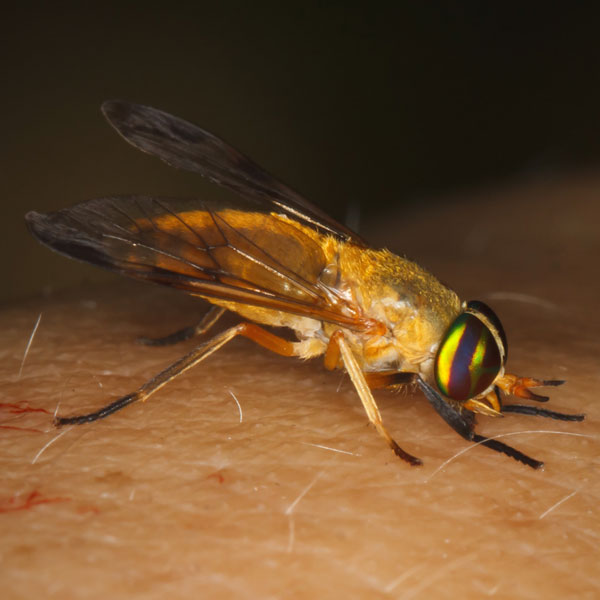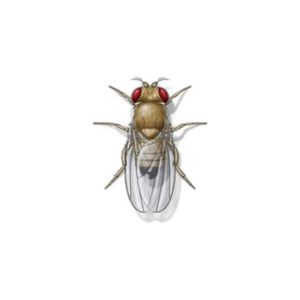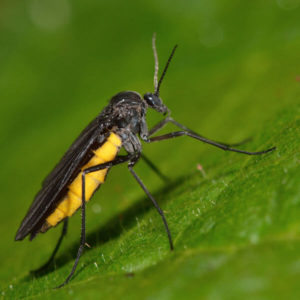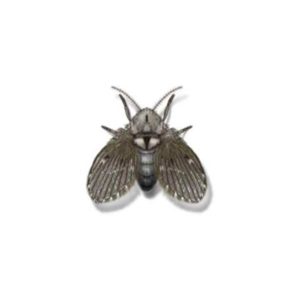Yellow Flies in Anaheim
Yellow flies are often confused with deer or horse flies and are equally disliked for their painful bites. They are commonly found in the southeastern regions of the United States, stretching from New Jersey to Texas and Florida. Their appearance resembles that of deer flies, leading to confusion among people trying to identify them. Similar to mosquitoes, it’s the female yellow flies that bite, as males primarily feed on pollen and nectar. You’re most likely to encounter yellow flies during the hot summer and early fall months.
Yellow Fly Habitat
Fully developed yellow flies are skilled fliers. Though they are usually found near their larval homes, they can travel quite a distance to find a blood meal. Yellow flies often gather in shady, damp spots along the edges of forests, rivers, or creeks. These pests prefer warm, humid weather and are most active during the daytime, but avoid wide-open areas that get direct sunlight. While they readily target domestic animals, including dogs, their preference for shade means they’re less of a nuisance to cattle and horses in open pastures.
Yellow Fly Behaviors, Threats, or Dangers
Similar to mosquitoes, yellow fly females require a blood meal before reproducing. And, according to the University of Florida, their bites can be serious, resulting in large and itchy welts that may last for several days. If someone experiences signs of infection after being bitten by a yellow fly, such as fever, nausea, headaches, or swollen lymph nodes, it’s important to seek medical attention. Yellow flies are generally most aggressive during the day, with peak activity in late afternoons on cloudy days.





